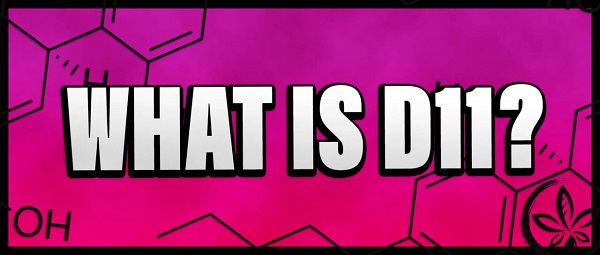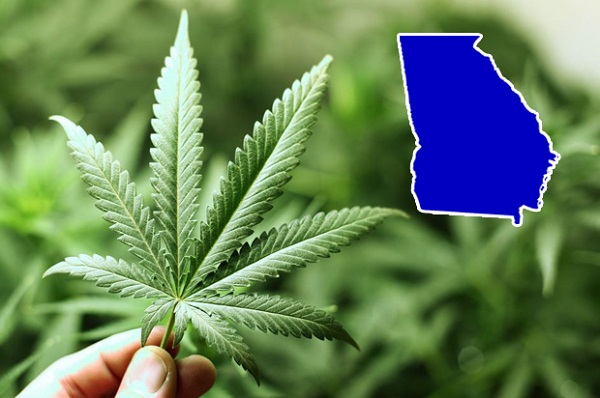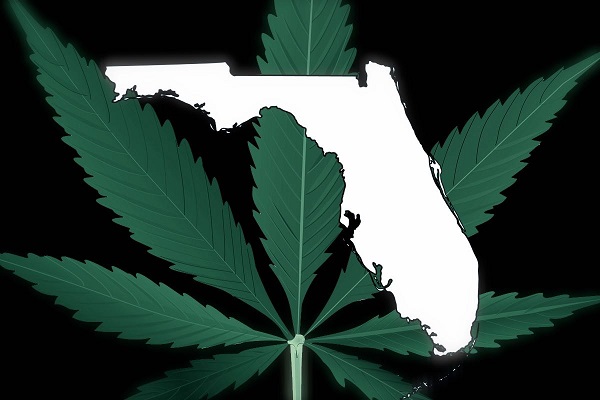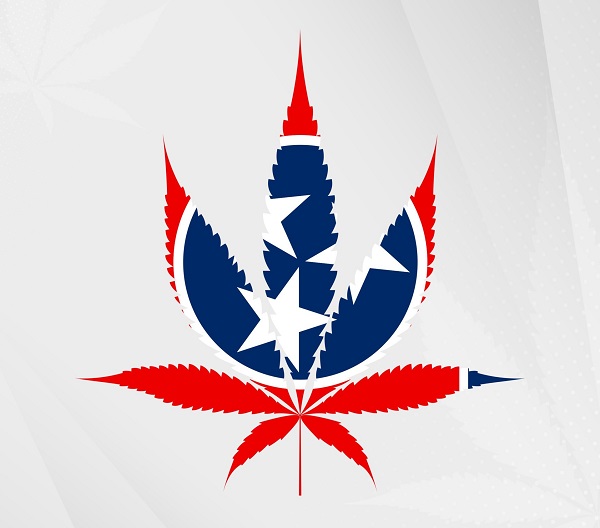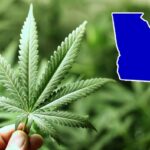Keeping up to date with the latest developments in cannabis can be tricky due to the growing market for cannabinoids. The classic old school hum of Delta 9, the soothing wonder of Delta 8 and the fast energy of Delta 10 have already left you wanting more. But what’s next? Delta 11.
You may not be familiar with delta 11, which has been around since the 1970s but has been out of sight for decades. Let’s explore its effects, benefits, and how it compares to all of your favorite cannabinoids!
What Is Delta 11?
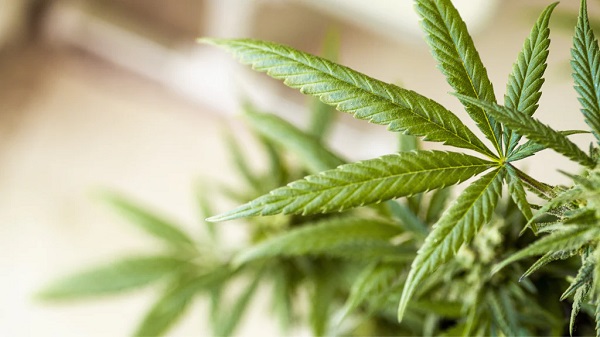
Known as delta 11 THC, delta 11 tetrahydrocannabinol is a rare cannabinoid found only in trace amounts in cannabis plants. A paper on the social impacts of cannabis use first mentioned delta 11 in a scholarly manner in 1974. A 1990 animal study then investigated the metabolism of this rare cannabinoid. Since then, there have been no publications on the compound.
We haven’t heard much about delta 11 due to the suspension of research, but it’s believed to be nearly three times more potent than THC, the main psychoactive ingredient in cannabis. In addition to this increased effectiveness, anecdotal evidence also suggests that delta 11 is also highly euphoric.
According to user reports, Delta 11 provides a euphoric effect that is unlike any other “delta” cannabinoid. In addition, we do not have other scientific evidence to support any benefits of delta 11. Other than those mentioned above, which took place in the late 20th century, there have not been any significant studies of this cannabinoid.
Overall, we know that delta 11:
- Provides powerful relaxation
- Has strong effects on the brain and body
- Elevates mood
- Relieves anxiety and stress
- Provides intense euphoria
- Has long-lasting effects
How Strong is Delta 11?
As previously mentioned, delta 11 is thought to be about three times more potent than delta 9, making it about as psychoactive as THCO, a cannabinoid known for its psychedelic effects when taken in large amounts. There is no evidence of psychedelic effects at any dose of delta 11.
Does Delta 11 Show Up on A Drug Test?
It’s hard to tell if Delta 11 will trigger a drug test or not, as it hasn’t been thoroughly researched. As a general rule, if the name of a cannabinoid contains the word THC, you are more likely to fail a drug test.
The enzyme that metabolizes all THC-based cannabinoids, THC-COOH, is used to determine if a person has used cannabis or not in a standard drug test. Also, delta 11 is more effective than delta 9, so it’s more likely to fail a drug test.
How Long Does Delta 11 Stay in Your System?
There is no information on how long delta 11 remains in the human body. In animal tests conducted with the compound in the 1990s, “metabolite ratios varied significantly between species.” However, we know from general cannabis knowledge that the compound lasts longer in the body the more it is used, both in frequency and quantity.
In other words, the body is more likely to retain delta-11 with frequent use and in large amounts than with infrequent or infrequent use and at lower doses.
How is Delta 11 Made?
By now, most cannabinoid enthusiasts are familiar with the process of creating new compounds. Like similar cannabinoids, delta 8 and delta 10, delta 11 is a natural compound. However, like most other products available in recent years, delta-11 is only found in small amounts in hemp plants. It cannot be mined commercially.
Delta-11 is extremely rare in nature, but retailers can produce it in large quantities for mass marketing using a process known as cannabinoid conversion. Delta-11 may seem synthetic at first glance, but chemists use natural cannabinoids like CBD and put them through an organic process that occurs naturally in hemp plants but can be replicated in the lab to create the compound. Essentially, delta-11 is created just like it is in nature, with the exception of a controlled laboratory environment where scientists can manipulate its conditions.
Is Delta 11 Safe?
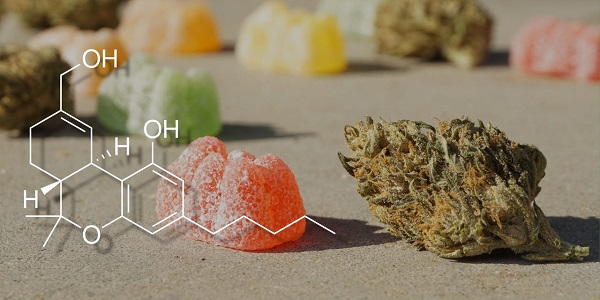
Despite the limited amount of research done with delta 11, it is generally considered safe due to its proximity to other cannabinoids such as delta 9 and THCO. Delta 11 is made from hemp, one of the safest plants on the planet, making it a favorable theoretical safety profile. No one has ever gotten sick, injured or died from any hemp-derived product.
The compounds in cannabis do, however, have some adverse side effects, especially when consumed in large amounts. These effects include:
- Dry eyes
- Dry mouth
- Lightheadedness
- Dizziness
- Headache
- Fatigue
- Sleepiness
- Lack of coordination
Due to the power of delta 11, it is always good to lower the dose and work it up to the maximum that works for you. While dry eyes and dry mouth can be easily treated, some of the other side effects on this list are not as easy to manage. When you take too much delta 11 and feel dizzy or have a headache, all you can do is wait it out. You can always take more if you’ve taken too low a dose, but once you’ve taken too much, there’s nothing you can do but wait for the negative effects to wear off.
Is Delta 11 Legal?
Almost overnight, the cannabis landscape in the United States changed after Congress passed the Farm Bill in 2018, legalizing hemp and all its derivatives. It was thought that cannabidiol and other non-psychoactive compounds such as CBN and CBG would become the next big thing among CBD entrepreneurs. When hemp became legal, CBD faded away in favor of high-end products. Delta 8, delta 10, HHC, THCO, THCH, THCP, and others emerged. Why?
Because they were legalized!
While hemp derivatives with less than 0.3% THC are legal to buy, sell, and consume in the country, some states have banned psychoactive compounds made from hemp. Delta 11 is among those federally legalized, since it complies with the Farm Bill. The compound has not been specifically mentioned in any legislation, but it might fall under blanket or analog laws in the following states.
-
Alaska
-
Arizona
-
Arkansas
-
Colorado
-
Delaware
-
Idaho
-
Iowa
-
Mississippi
-
Montana
-
New York
-
North Dakota
-
Rhode Island
-
Vermont
-
Utah
-
Washington
Delta 11 Compared to Different Popular Cannabinoids

Tracking down which cannabinoids are best for your needs can be tricky with so many products available today. Despite scientific recognition in the 1970s, delta 11 did not receive nearly the same attention as some of its siblings such as delta 8, delta 9, delta 10, and CBD. So how does delta 11 compare to this popular cannabinoid cabal?
Delta 11 vs. Delta 9
The main psychoactive compound in cannabis is delta-9-tetrahydrocannabinol, also known by the acronym delta-9 or THC. It is a cannabinoid that many people refer to when talking about their experiences with cannabis. Compared to delta 9, delta 11 is about three times stronger, which puts it in the same category as THCO, but falls short of the level of THCP.
Among delta 9’s effects are:
-
Insomnia relief
• Appetite stimulation
• Anxiety management
• Anti-inflammatory properties
• Analgesic properties
• Relaxation
• Euphoria
Delta 11 vs. Delta 8
Delta 8 is a mild, subtle cannabinoid that will leave you feeling relaxed and calm, about half as strong as Delta 9, while Delta 11 THC is much stronger than both compounds. Delta 8 is a compound that acts similarly to an indica strain in that it relaxes, relaxes, and soothes its users. The side effects of delta 8 are also less severe and less frequent than delta 9.
The cannabinoid’s main effects include:
-
Relaxation
• Pain relief
• Appetite stimulation
• Better sleep
• Anxiety relief
• Digestive support
Delta 11 vs. Delta 10
Unlike delta 8 which acts like an indica strain, delta 10 has a sativa resemblance. A psychoactive cannabinoid with energizing, focusing, and brain activating effects, delta 10 will put your work on turbo mode and help you complete your tasks. In comparison to deltas 8, 9, 10, and 11, delta 10 has the lowest psychoactive potency.
There are many properties associated with it, including:
-
Stress relief
• Relaxation
• Uplifting properties
• Euphoria
• Increased focus and creativity
• Energy boosts
Delta 11 vs. CBD
Unlike delta 11, CBD is not a psychoactive cannabinoid that is well known and well studied for its many health benefits. The main difference between CBD and Delta 11 is that CBD will not lift your spirits, while Delta 11 will certainly cheer you up.
The main benefits of CBD include:
-
Anti-stress
• Muscle relaxant
• Anti-nausea
• Sleep regulation
• Analgesic
• Inflammation relief
Summary
From what we found out today – you can’t go wrong with a compound that lifts your spirits, but you can always find a compound that will lift you even higher! With delta 11, you can get louder noise and more bang for your buck. While there is still little research on this compound, we know it’s safe, we know it’s stronger than delta 9, and we know it can please users! Give it a shot!

